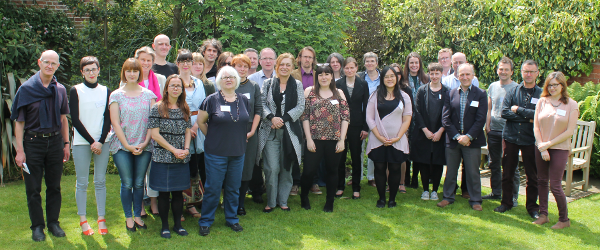
June 1, 2017, by Michael Timmins
The politics of culture as testimony
Some thirty researchers from around the world met at the University of Nottingham on Monday 22 May for a workshop on the politics of culture as testimony. The workshop marked the end of the first phase of the AHRC-funded research network, Culture and its Uses as Testimony, that has been exploring how:
- cultural testimony can enrich public debate about past and present injustice
- it is used and misused for narrow political purposes.
The workshop
The network heard from researchers in the fields of history, cultural studies, political science, international relations, law, sociology, education as well as practitioners such as novelists, documentary film-makers, Holocaust museum representatives and community activists.
A key issue to emerge in the discussions was the emotive power of autobiographical accounts, novels, diaries, letters, memoirs, films, theatre, works of art, and documentaries. This power helps to explain why victims, perpetrators and memory activists turn to first person forms of expression as they strive for justice and reconciliation.
Of particular note at the last workshop was the moving presentation from Stephen Gargan and Jim Keys on Epilogues, a Northern Ireland-based educational programme that invites victims and perpetrators of the violence in Northern Ireland to come together and reflect on the past. The project includes recordings of the testimony of individuals who had direct experience of the conflict.
Next stage
In its next phase the network will hold an international conference at the University of Birmingham as well as workshops aimed at teachers working with young learners on the Holocaust.
Visit the network website for a full report on the workshop findings.
No comments yet, fill out a comment to be the first

Leave a Reply